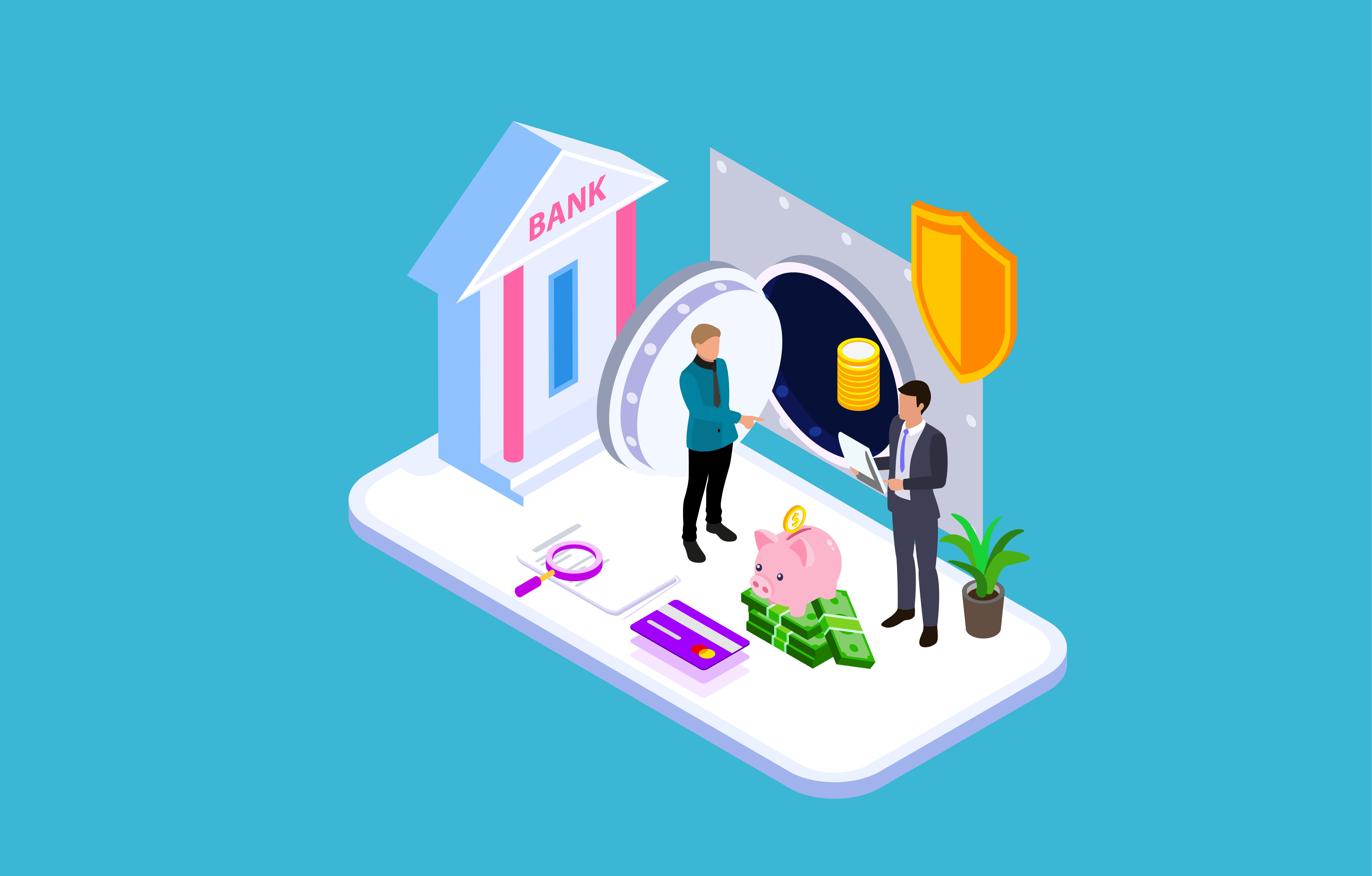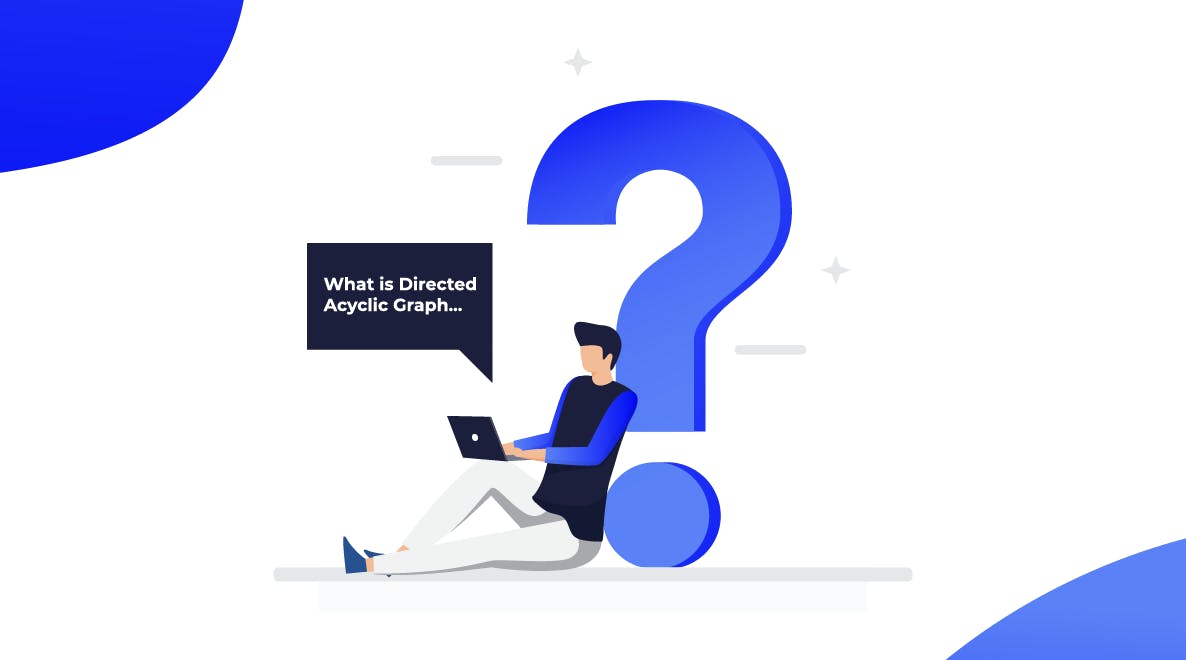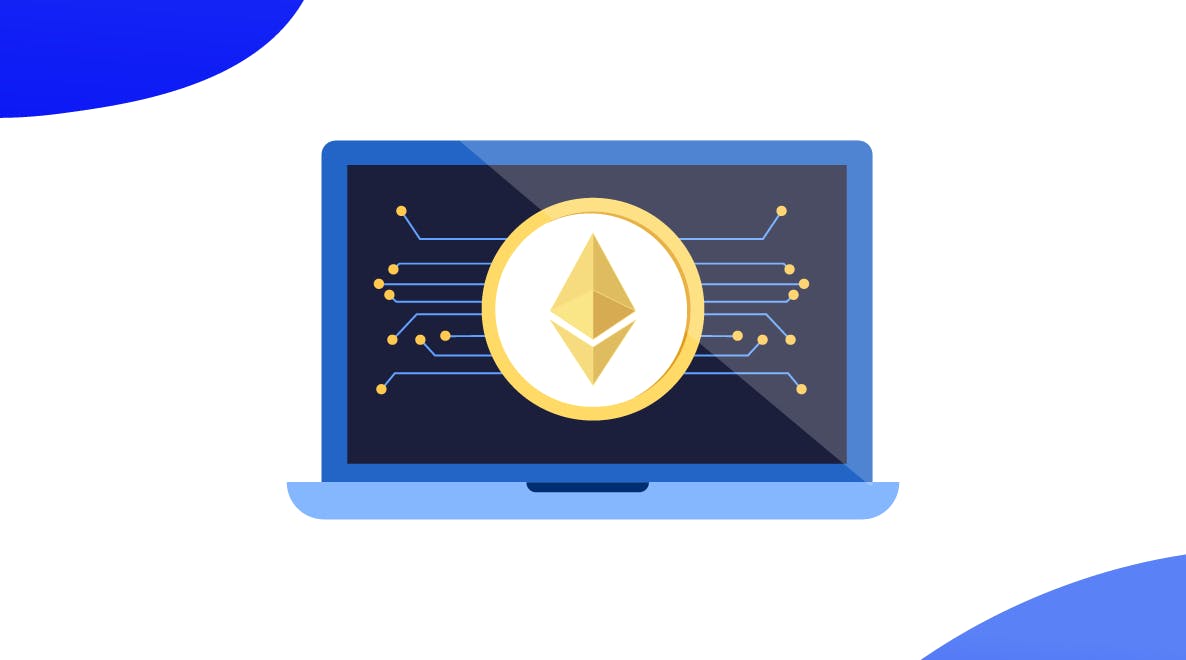Israeli occupation on Palestinian land is not new. It continues to enforce severe and discriminatory restrictions on human rights, movement of people, and economy. Decades of oppression deprived Palestinian people of electricity and water, access to medical care and educational and economic opportunity.
Citizens are even compelled to use Israeli shekel as the main currency, although dollars and euros are part of their economy. Even companies are not allowed to make cash transactions of over 11,000 NIS (approx. $3100). Palestine has been trying to become free of these deadly restrictions for a long time. Local government is now seeing an opportunity to become less dependent on Israel by introducing a sovereign cryptocurrency.
Palestinian Prime Minister Mohammad Shtayyeh has indicated that his government is planning to develop a digital token in order to bypass embargos imposed by Israel. He made this statement while speaking before the Palestine Center for Computer Emergency Response in Ramallah on July 9. He added that the Palestinian economy has approximately 25B NIS circulating in the market and additional 4B NIS surplus in different banks.
However, they should not be forced to remain dependent on the shekel. Shtayyeh vowed to consider every option and do whatever it requires to find a way to financial freedom. According to the 1994 Paris Protocol, the Palestinian Monetary Authority (PMA) created a central bank but it was not allowed to issue banknotes. The dominating Palestinian party PLO signed the agreement with Israel in 1994, but shekel was still made the main currency to be used for all financial transactions. As there is no sovereign currency in the country, the shekel is being used as the primary currency, although Jordanian dinar and the US dollar are used to some extent.
The previous attempt was not successful
The idea of cryptocurrency as a means for financial freedom is not new. In 2017 the PMA came up with the idea of introducing a sovereign cryptocurrency that would ready for use within the next five years. Theoretically, the idea was great for gaining more financial power and increasing the purchasing capacity of the citizens, but there were controversies among financial experts and intellectuals.
Bakr Shtayyeh, professor of economic and social science, Najah University expressed his doubt regarding the feasibility of cryptocurrency for Palestinian people. Not everyone has access to a smartphone, and most do not have the technical knowledge for crypto use. He was also doubtful regarding the effectiveness of the plan as to whether the nation could avoid relying on Israel. He told Al-Monitor that only owning a national currency might not prevent Israel from controlling crossings, movements of imports and exports, and withholding tax clearance funds.
Also, Palestine might still face restrictions while executing commercial deals with neighboring nations, or transporting goods through Israeli ports. Shtayyeh wanted to emphasize the complex financial and political reliance on Israel as the main issue rather than money or currency itself. It will be difficult to be free from the influence of shekel because about 170,000 Palestinians are working in Israel who receive their salaries in shekel, and almost 80% of trade exchanges with Israel are in their currency.
Foreign companies or countries may also hesitate to conduct business with Palestine using their own crypto as there will be a risk of violation of international sanctions. Shtayyeh feared that in reality, Israel will just keep off Palestine’s new digital coin and the nation’s reliance on shekel will remain unchanged.
Is Palestine following other oppressed nations?
Israel’s software development infrastructure, cybersecurity, and local talent are undeniably advanced compared to those of Palestine. As a result, although Palestine succeeds in developing a cryptocurrency, there will always be risks of major hacks by outside forces. Shtayyeh and some other economists suggested to reduce trade volume with Israel and develop new trade relations with congenial countries.
However, Palestine is not the only nation to consider crypto as a means for fighting sanctions or oppressive governments. Cuba, Venezuela, Iran, and Zimbabwe are viewing digital currency as a route to economic freedom. Theoretically, it is very possible to issue cryptocurrency in Palestine, but the success of it requires a clean strategy and most importantly, a favourable economic environment.






